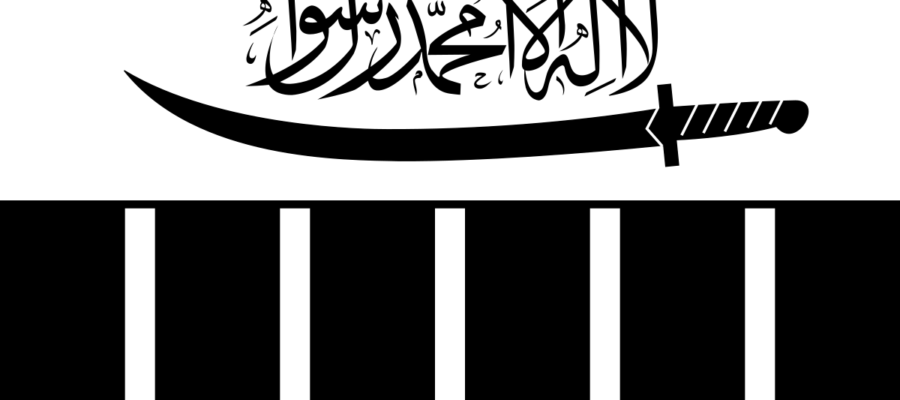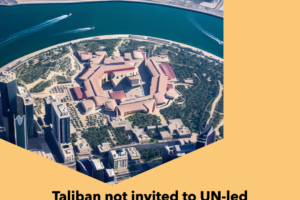Lashkar-e-Taiba (LeT) is a militant organization based in Pakistan that was founded in 1987 by Hafiz Saeed and Zafar Iqbal. The group operates primarily in the Indian-administered territories of Jammu and Kashmir, where it seeks to establish an Islamic state. LeT has been designated as a terrorist organization by several countries, including the United States, the United Kingdom, and India.
The group is known for carrying out a number of high-profile attacks, including the 2008 Mumbai attacks, which killed 166 people and injured hundreds more. The attacks, which lasted four days, targeted several locations in the city, including a railway station, a hotel, and a Jewish center.
LeT is also believed to have been involved in the 2001 Indian Parliament attack and the 2006 Mumbai train bombings, among others. The group has been accused of receiving support from the Pakistani government and the military, although Pakistan denies any involvement.
LeT is believed to have close ties with other terrorist organizations, including the Taliban and Al-Qaeda. The group has been known to recruit fighters from across South Asia and has established training camps in Pakistan-administered Kashmir and Afghanistan.
In addition to its militant activities, LeT is also known for its charitable work, including the operation of schools, hospitals, and relief programs. However, many have criticized these efforts as a way to gain support and recruits for the group.
Overall, LeT remains a major security threat in the region, and its activities have led to increased tensions between India and Pakistan. The group’s links to other terrorist organizations and its history of carrying out deadly attacks make it a significant concern for regional stability and security.
In recent years, there have been efforts to clamp down on LeT’s activities, including the imposition of sanctions and the arrest of its leaders. However, the group continues to operate and remains a major challenge for regional security forces.



